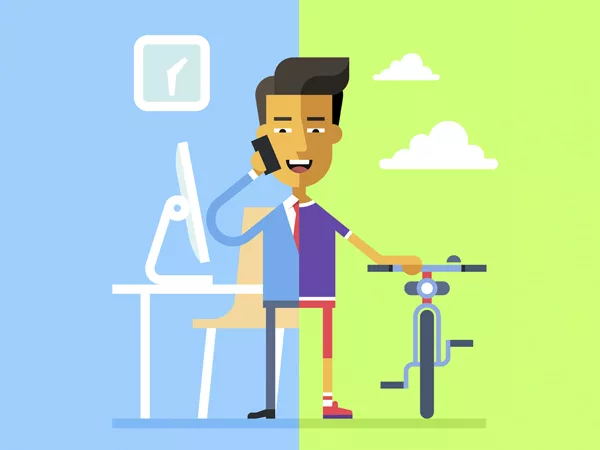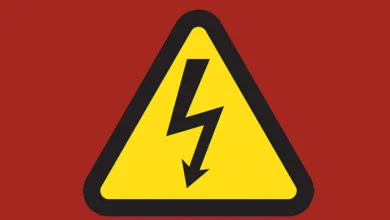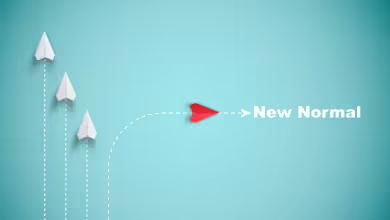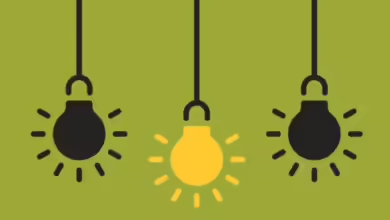Is Phased Retirement a Good Idea for You?

When I asked Rob, a client of mine, when he plans to retire, he hesitated.
“I’m not sure I want to retire,” he said.
I was curious. “What prompted you to contact me?” I asked.
“I’m conflicted,” Rob said. “I love what I do, and I’m afraid I’ll miss it and the people I work with. I crave freedom. But I’m not sure what I’ll do with my free time.”
This feeling is not unusual.
Even if retirees are financially secure and looking forward to retiring, they are sometimes hesitant when preparing to transition to this, their next phase of life.
For soon-to-be retirees feeling this way, here’s an idea to consider: phased retirement.
There is an uptick in companies offering phased retirement. However, it is up to the employee to begin the discussion with their manager and HR.
Just what is “phased retirement”?
Think of it as driving a sports car and shifting from fourth gear to second. It’s like slowing down and remaining in the same seat for a shorter drive, knowing there are exits that can be taken to the activities the retiree is thinking about doing in retirement.
Practice makes perfect. Practice leads to success. Phased retirement allows retirees to practice by experiencing what they believe will lead to a fulfilling and successful retirement. It helps show what works and what doesn’t work, and brings confidence when taking the exit into full-time retirement. Phased retirement is a good way to test the waters.
How to propose the idea of phased retirement to your organization
For companies not offering phased retirement, Kerry Hannon, a job expert at AARP, has suggestions for how employees can propose it as a win-win for both the employer and employee:
- Seek advice from someone who has recently met with HR and has agreed on terms for phased retirement.
- Share a clear vision. How many days, weeks, and hours would you like to work, and until when?
- Is there a colleague you could train to assume your job responsibilities? Are there employees you could mentor?
- What are your salary requirements?
- Do you want to work from home or the office?
- What are the challenges facing your employer you could solve by retaining your experience and skills?
- Assure your boss you do not want to leave abruptly. Your goal is to plan a smooth transition that works for the company and yourself.
- Propose this idea as a trial with scheduled touchpoints to discuss how it’s working for you and your manager.
Phased retirement has its pros and cons regarding benefits and finances. Before deciding, employees are encouraged to discuss this idea with their manager, HR team, and a financial advisor.
Now that Rob knows about this option, he plans to have a meeting with his manager about phased retirement. And we are looking forward to designing a plan for what he will do with the freedom he is craving!





